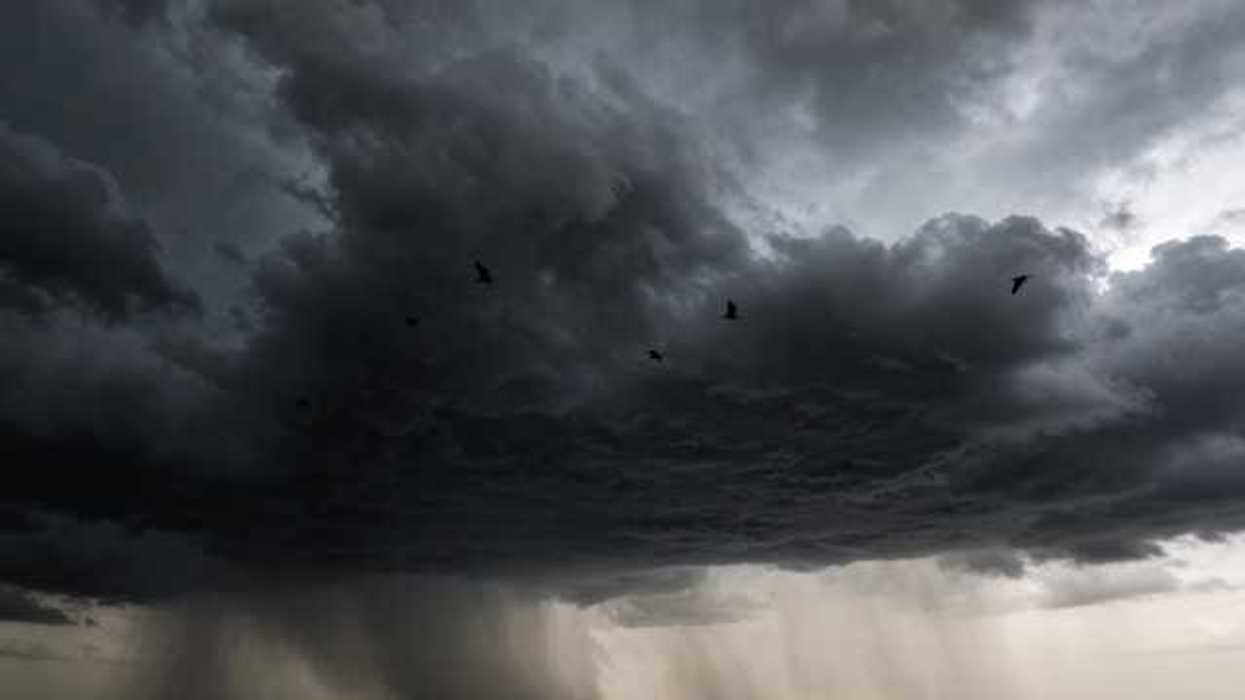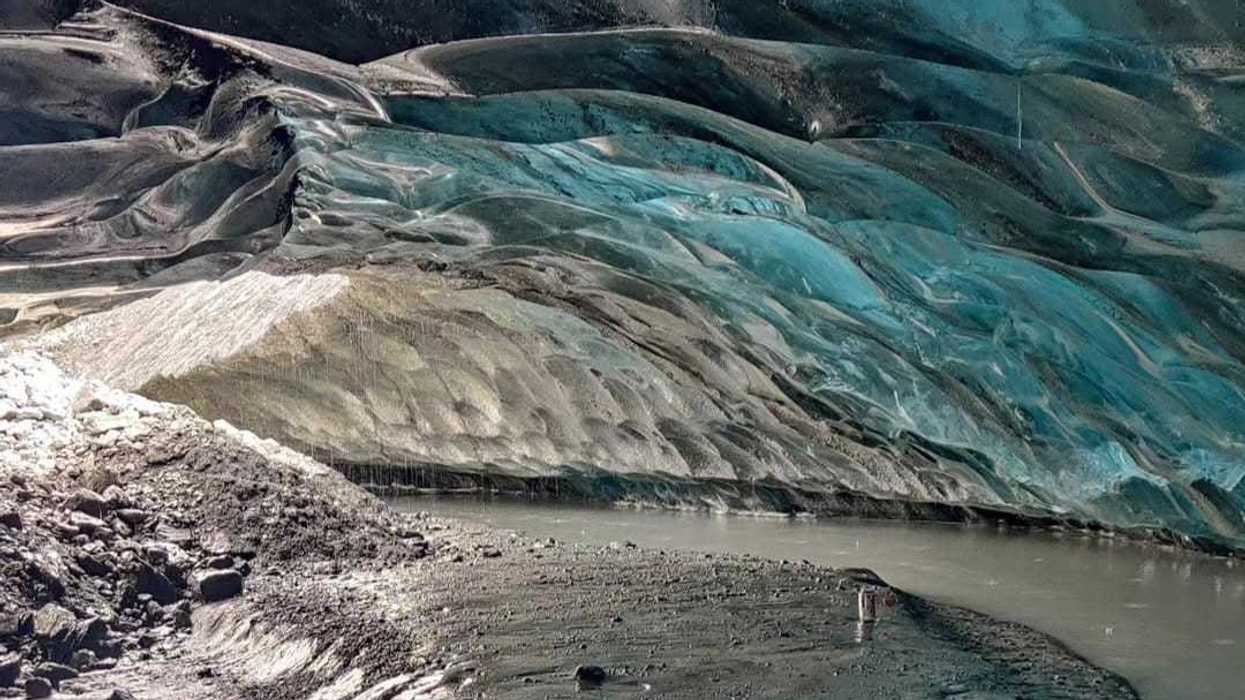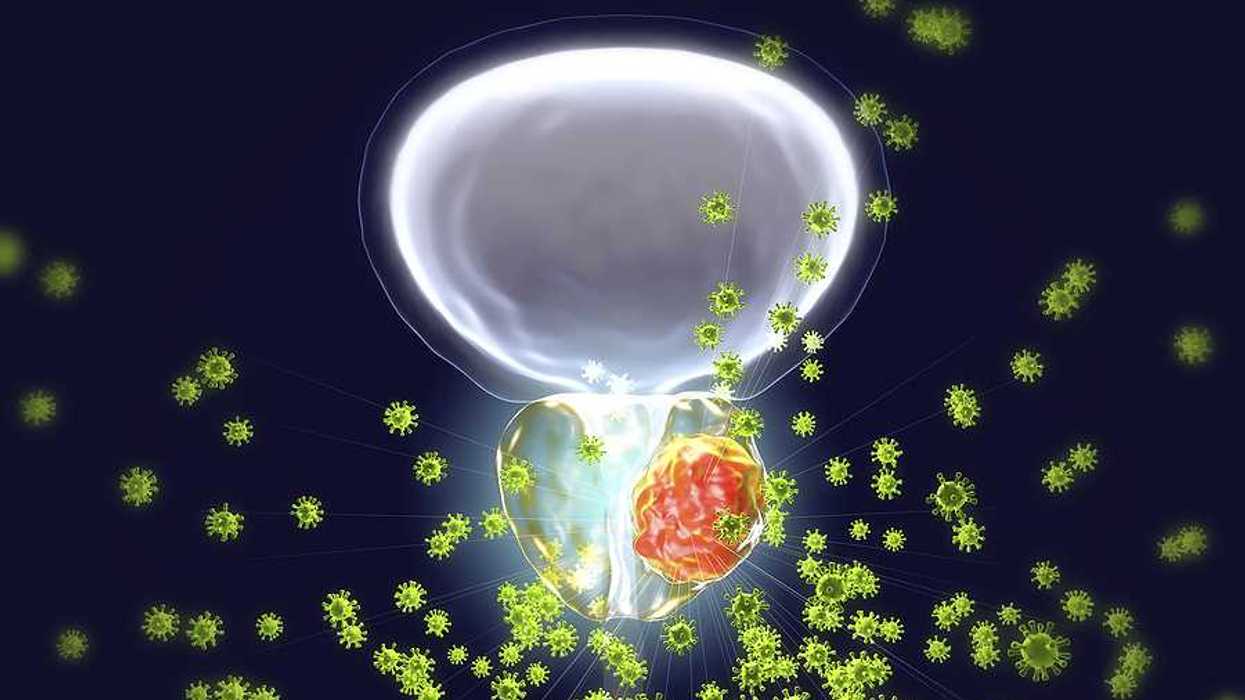Cities across the U.S. are losing millions in climate and health grants as the Trump administration cancels funding for projects once targeted to help vulnerable communities.
Emily Jones reports for Grist.
In short:
- Thomasville, Georgia, lost a $19.8 million U.S. Environmental Protection Agency grant intended to modernize its failing wastewater system, build a health clinic, and improve historic homes after federal officials abruptly canceled the award in May.
- The EPA says the grants no longer align with the Trump administration’s priorities, part of a broader rollback of environmental justice initiatives that focused on disadvantaged communities.
- Other Georgia cities, like Athens and Savannah, have had grants suspended or canceled, leaving local governments in limbo and financially strained after investing significant time and resources in the application process.
Key quote:
“They are causing project costs to skyrocket because they keep freezing and unfreezing and refreezing projects.”
— Zealan Hoover, advisor to Environmental Protection Network and Lawyers for Good Government
Why this matters:
Local infrastructure may be unglamorous, but it’s foundational to public health and environmental protection — especially in communities already burdened by industrial pollution, poverty, and extreme weather. Wastewater systems, for example, keep untreated sewage out of homes and waterways, while resilience hubs and emergency power systems help protect residents during climate-fueled disasters. The rollback of EPA grants not only stalls urgent repairs but also threatens to deepen inequality, as smaller cities and nonprofits often lack the resources to replace lost federal funding. And while some cities are trying to appeal, the uncertain status of these grants has real consequences: lost time, wasted money, and growing public health risks.
Read more:














